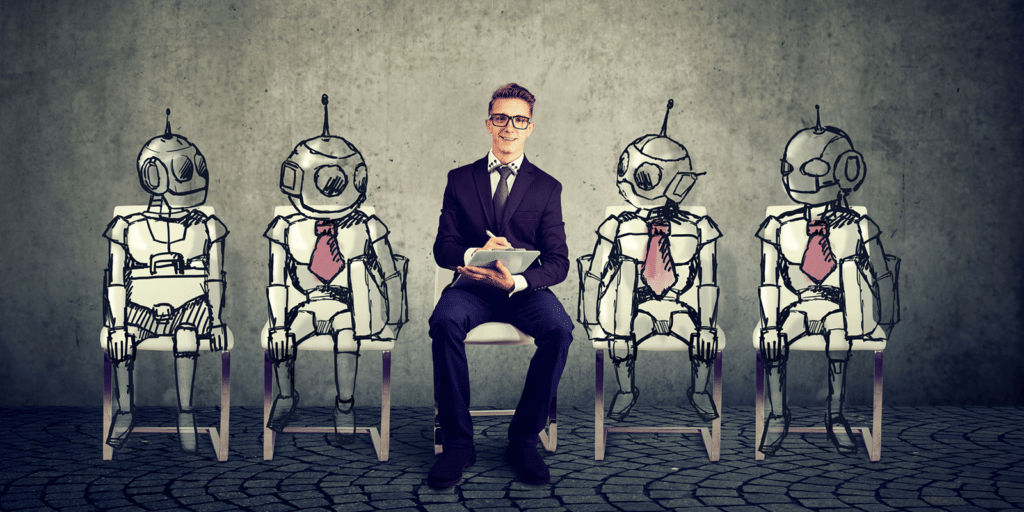The head of the International Monetary Fund (IMF) warns that artificial intelligence (AI) will impact 40% of jobs globally and is likely to exacerbate economic inequality if governments do not implement policies to protect vulnerable workers.
Analysis by the IMF finds that about 60% of jobs in advanced economies like the United States and the United Kingdom are exposed to disruption from AI. Of those exposed jobs, the IMF estimates that half are susceptible to being fully automated by AI or having wages depressed.
However, the other half of exposed jobs may see productivity gains from integrating AI into work processes. Jobs involving complex tasks, high levels of responsibility, and significant human interaction are considered the safest from displacement. Examples include surgeons, lawyers, judges, and other roles requiring specialized expertise and interpersonal skills.
Conversely, routine jobs like telemarketing with repetitive tasks and limited human interaction are most vulnerable to being fully automated by AI. Other occupations with low exposure include dishwashers and performers.
The IMF says emerging market economies have roughly 40% AI job exposure, while low-income countries have 26% exposure. However, advanced economies face greater risks because AI threatens high-skill roles. In extreme scenarios envisioned by the IMF, some jobs could disappear entirely in major developed economies.
Without government intervention, IMF head Kristalina Georgieva warns that AI will likely worsen income and wealth inequality globally. Higher-earning workers in complementarity roles could see wage increases, while displaced workers suffer income losses and job insecurity.
Georgieva emphasizes it is “crucial” for countries to implement policies like comprehensive social safety nets, retraining programs, and other supportive measures to make the AI transition more inclusive. These policies can help protect the livelihoods of vulnerable workers and curb rising inequality.
The IMF notes that choices related to AI property rights and fiscal redistribution policies will shape AI’s impact on income distribution. For example, workers in the UK may be better able to adapt to complementary roles due to higher education levels, but older workers may find it harder to retrain for new AI-impacted jobs.
#AI #IMF #ArtificialIntelligence




